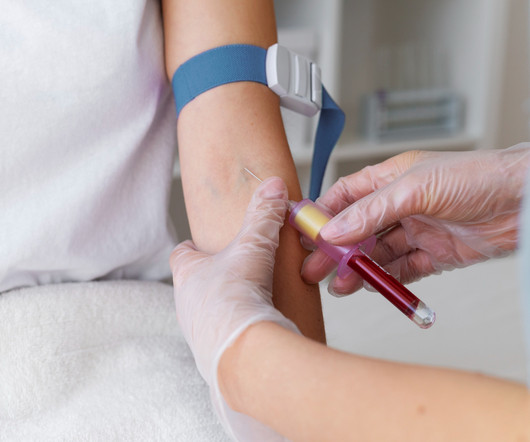Common Myths About Medical Assistants
Scrubs
NOVEMBER 2, 2023
Medical assistants are crucial in healthcare settings, serving as the backbone of clinical operations. They’re skilled professionals who support physicians, nurses , and other healthcare providers in delivering quality patient care. However, there are several myths and misconceptions surrounding the role of medical assistants.












Let's personalize your content